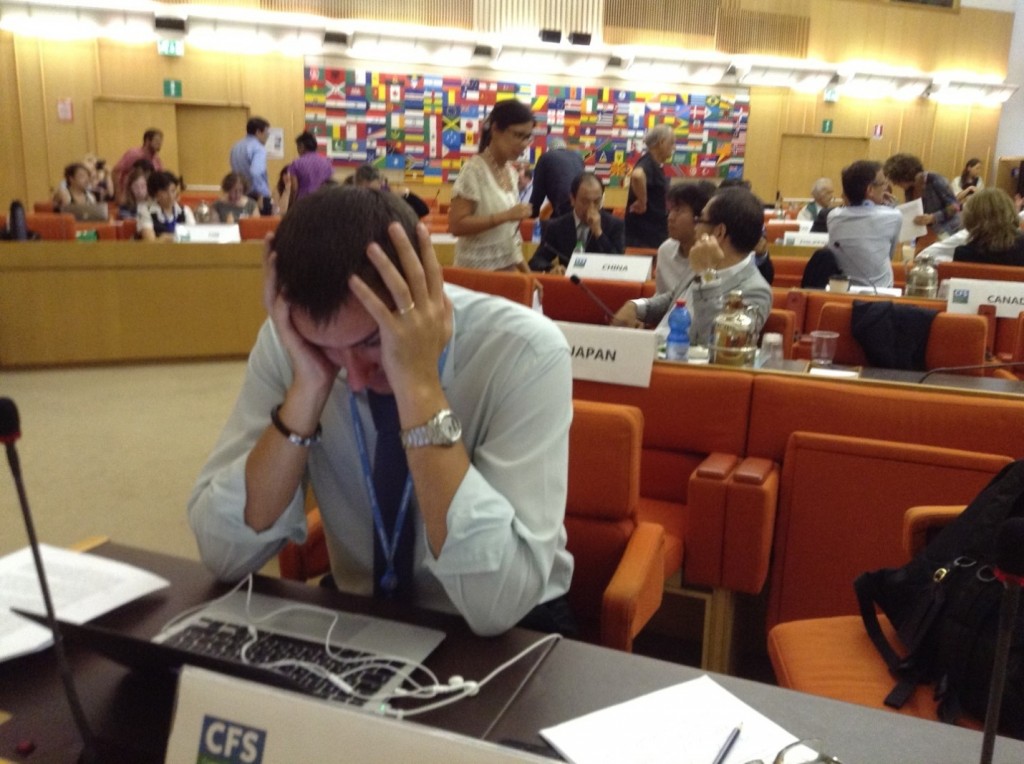This post is part of a feature on “How Capitalists Think,” moderated and edited by Patrick Neveling (University of Bergen) and Tijo Salverda (University of Cologne).
Following the concurrent 2007/2008 financial crisis and the global food crisis, investors’ appetite for (agricultural) land around the world has increased considerably. As a consequence, rural residents have been pushed off their lands, or their movements have been restricted because of new forms of enclosure (White et al. 2012), leading to an outpour of concerns about the “global land rush.” Critics such as international peasant movements, NGOs, journalists, (activist) scholars, and, in a more ambiguous way, international governance institutions have campaigned against the negative consequences of investors’ appetite for land. In particular, campaigns by GRAIN, Via Campesina, Global Witness, and Oxfam have increased awareness among the public. The extensive number of academic publications also demonstrates the scholarly attention devoted to the issue (e.g., Anseeuw et al. 2012; Borras 2016; Zoomers et al. 2016).
